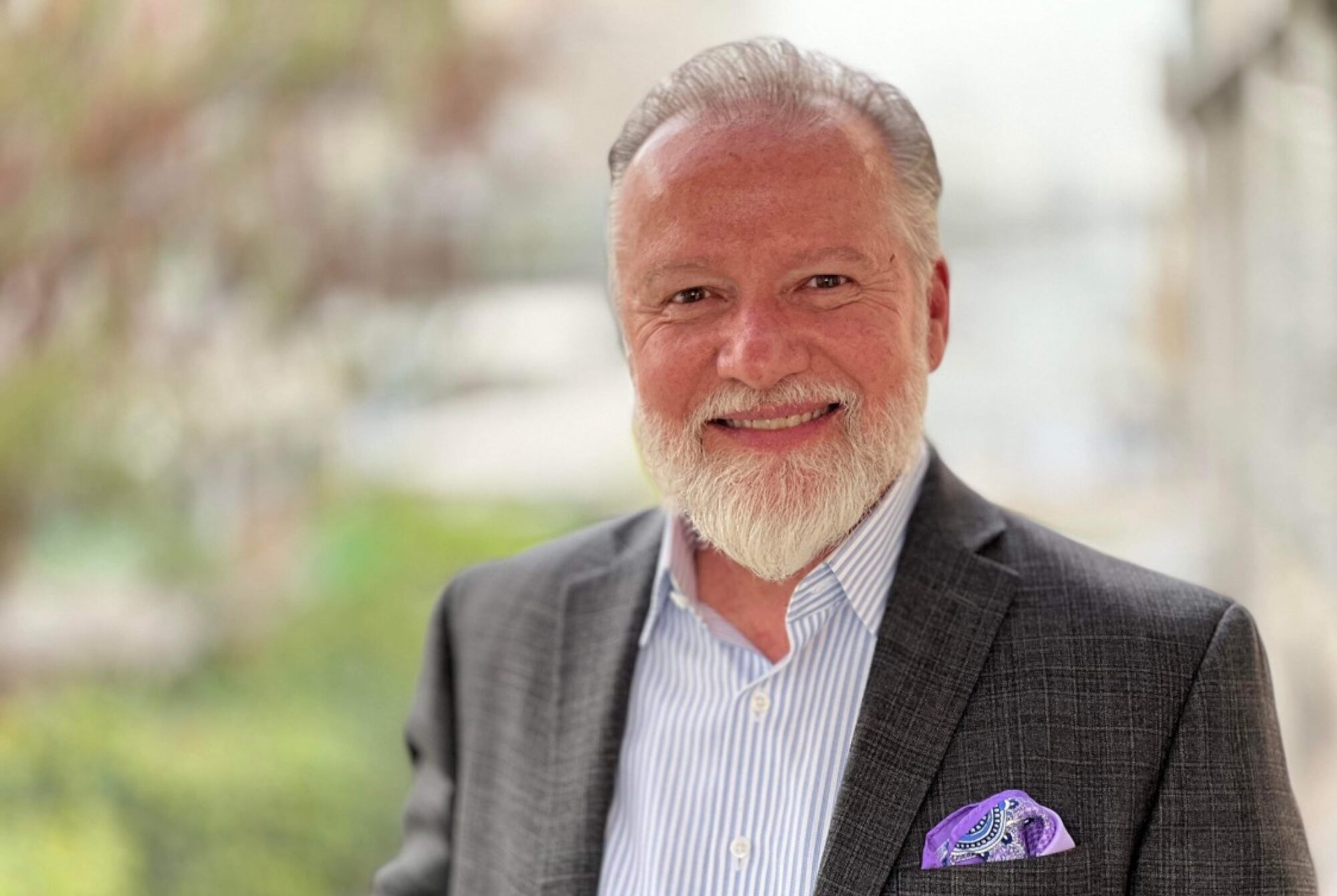Humankind generally chooses religious systems not as a result of intellectual or spiritual pursuit but as the result of moral choices.
Indeed , these are some of the saddest words in the Bible. “For although they knew God, they neither glorified him as God nor gave thanks to him, but their thinking became futile and their foolish hearts were darkened… Therefore God gave them over in the sinful desires of their hearts…” (Romans 1:21, 24a).
It seems that God loves his creation to the point of allowing it to reject him. Free will always carries with it the possibility of pain.
Aldous Huxley, author of Brave New World, was an atheist, but he was honest about his reasons for rejecting religion. He wrote, “I had motives for not wanting the world to have a meaning; and consequently assumed that it had none, and was able without any difficulty to find satisfying reasons for this assumption. The philosopher who finds no meaning in the world is not concerned exclusively with a problem in pure metaphysics. He is also concerned to prove that there is no valid reason why he personally should not do as he wants to do. For myself, as no doubt for most of my friends, the philosophy of meaninglessness was essentially an instrument of liberation from a certain system of morality. We objected to the morality because it interfered with our sexual freedom. The supporters of this system claimed that it embodied the meaning – the Christian meaning, they insisted – of the world. There was one admirably simple method of confuting these people and justifying ourselves in our erotic revolt: we would deny that the world had any meaning whatever.” From Ends and Means
“Intellectual deception follows moral rejection”. Wickey Pratney
